Search Results for 'Hamar Greenwood'
6 results found.
June 1921 - Britain continues to deny policy of reprisal killings and house burnings in Galway
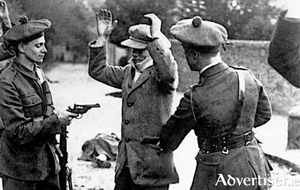
The election, on May 24 1921 in the six counties of what was to become Northern Ireland, resulted in the Unionist Party winning 40 of the 52 seats. Catholics in the six counties would now be forced to stare down the barrel of partition and sectarianism as a new order was set in place.
Murder in the city, intimidation in the county - Galway, May 1921
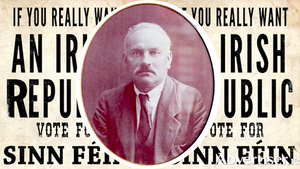
The Government of Ireland Act came into being on May 3 1921, resulting in a parliament for the six northern counties and devolved powers for the 26 counties.
'If one policeman is shot here up goes the town'
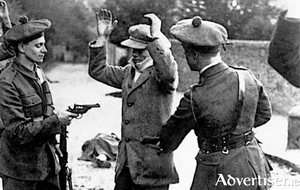
By early 1921 Britain’s war in Ireland was not just a moral issue, but a financial one. The sheer expense of solving 'The Irish Question', considering financial reparation for the loss of civilian life and destruction of private property, along with the price tag of the Crown Forces’ operations in Ireland, was staggering.
Father Michael Griffin
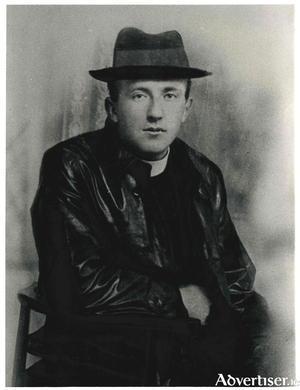
Michael Joseph Griffin was born on September 18, 1892, in Gurteen in east Galway, one of five children of Thomas Griffin and Mary Kyne. He was educated locally, then in St Joseph’s College, Ballinasloe, and finally in Maynooth. He was ordained in April 1917 and was seconded to the Galway diocese. He worked for a year in Ennistymon and in June 1918 was transferred to the parish of Rahoon which stretched from the river out to Furbo and Corcullen. He developed a great rapport with the children of the parish, spoke in Irish to young and old, organised feiseanna, currach races, and donkey races on Silver Strand.
Patrick Joyce
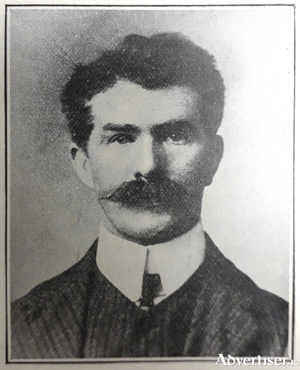
Patrick Joyce was born at Lisheenagaoithe, near Headford, on May 23, 1868. He became a monitor teacher in 1884, taught in Cloghanover School for two years, later as principal of Trabane, and then Tiernee in the parish of Carraroe. In 1892 he married Margaret Donohue. He was eventually appointed as principal of Barna National School and his wife taught in Boleybeg National School.
Mícheál Walsh, patriot
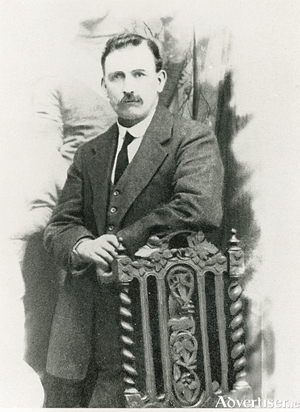
Mícheál Walsh was a native of Headford who bought the Old Malt pub and grocery in High Street c1906. He was a Republican and a member of the Urban Council. He once proposed at a meeting that the idea of toll booths, of collecting tolls from people bringing goods into the city, should be extended to include the docks in order that they might levy any ships coming in to the docks, including Navy vessels. This was too much for his fellow (Unionist) councillor Joe Young, who protested, “Sure if that was the way, no British naval vessel would ever come in to the docks.” “I rest my case,” said Mr Walsh.

